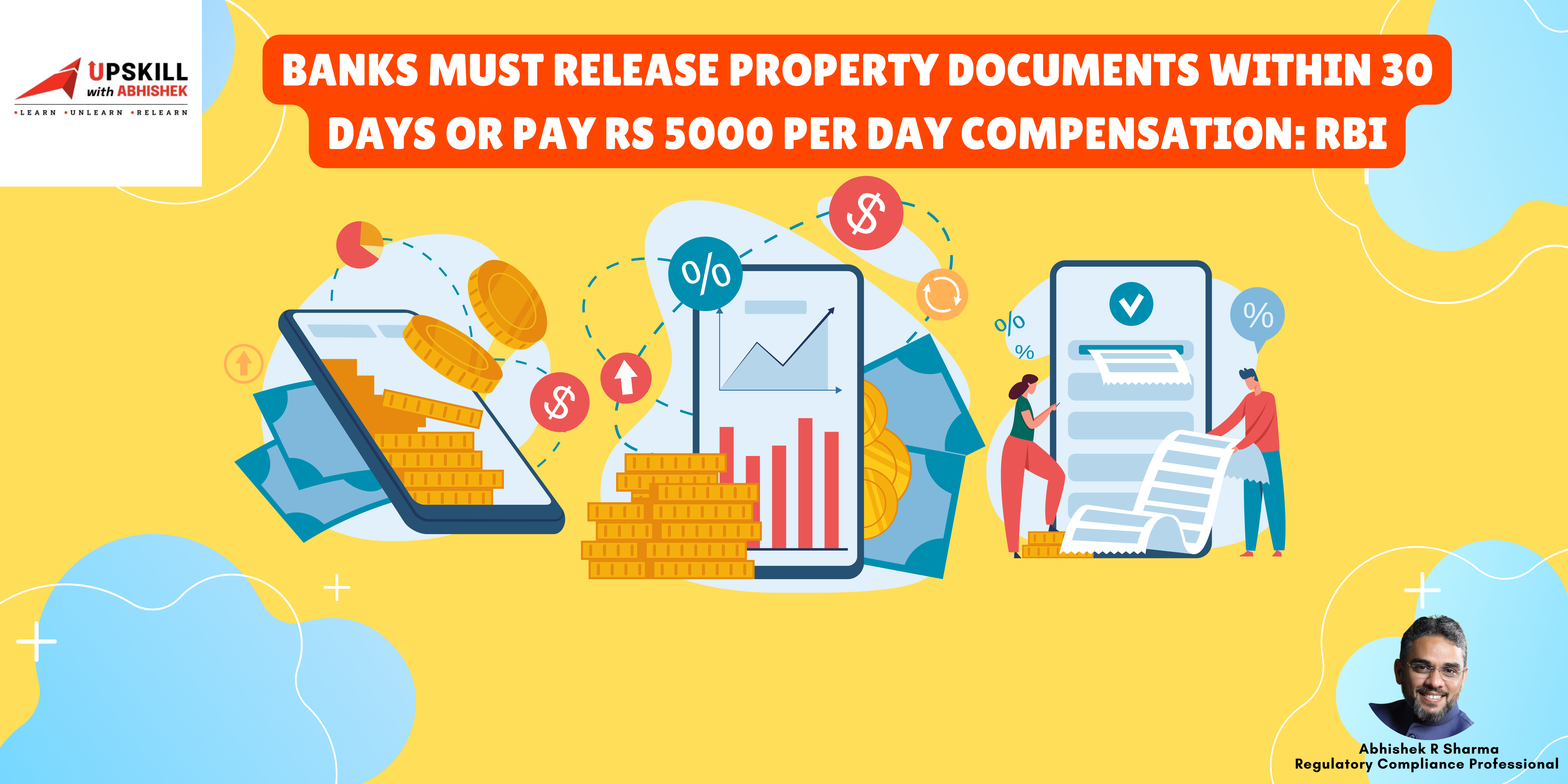Marina Bay Sands Singapore II AWESOME experience





Digital Public Infrastructure consists of – Digital ID project like Aadhaar – Payments eco-system like UPI – Data systems like Consent management and DigiLocker – A major impact of DPI has been on financial inclusion. – India brought almost half a billion people into the banking system over the past decade. – In eight years, India opened over 462 million new bank accounts for the poor through PM Jan Dhan Yojana. That’s more than the entire population of the US, France, and the UK put together. – DPI enabled India to reach a financial inclusion rate of 80%. This might otherwise have taken 43 years to reach, as a World Bank G20 policy document outlines and reports.

The video is about the grand celebrations of Maha Ganapati Celebrations in Bengaluru, Ahad Euphoria. – Puja – Dance – Dhool and Beats – Kids Performance and many more. Ganpati Bappa Moriya Sri Ganapataya Namah. For more videos – Like, Share and Subscribe Travel and Fun with Abhishek


Step-by-Step Guide for Registering as Insurance Broker with IRDAI
An insurance broker represents consumers in their search for coverage and can sell policies from several different insurance companies for a commission. Unlike captive and independent agents, who represent one or more insurance companies, a broker’s primary duty is to the client.
In Bharat (India), The Insurance Regulatory and Development Authority of India (IRDAI, the Insurance Regulator) is a statutory body under the jurisdiction of the Ministry of Finance, Government of India, and is tasked with regulating and licensing the insurance and re-insurance industries in India. Insurance Brokers are a separate licensed regulated category as per IRDAI that are regulated, supervised, and registered with IRDAI.
Here are the quick requirements to Register as an Insurance Broker in India:
1. Understanding Broker Categories:
Insurance brokers in India fall into five categories:
Direct Broker (Life)
Direct Broker (General)
Direct Broker (Life & General)
Reinsurance Broker
Composite Broker
2. Eligibility Criteria:
Eligible entities include companies under the Companies Act 2013, LLPs under LLP Act 2008, co-operative societies under the Co-operative Societies Act 1912, and other recognized entities.
Capital requirements:
Direct Broker: ₹75 Lakhs
Reinsurance Broker: ₹4 Crore
Composite Broker: ₹5 Crore
3. Net Worth Requirements:
Net worth based on the Companies Act 2013.
Direct Broker: ₹50 Lakhs
Reinsurance Broker (50% of the minimum capital)
Composite Broker (50% of the minimum capital)
4. Deposit Requirements:
Direct Broker: ₹10 Lakhs
Reinsurance/Composite Broker: 10% of minimum capital/contribution.
5. Infrastructure Requirements:
Adequate office space, equipment, trained personnel, and IT infrastructure.
6. Qualification:
At least two qualified individuals with relevant training.The principal officer must meet the necessary qualifications.
7. Purpose of Business:
The primary objective must be insurance brokering.
8. Professional Indemnity Insurance:
Maintain professional indemnity insurance throughout registration.
9. Application Process:
Apply online via the IRDAI portal.
Pay the required fees.
Direct Broker: ₹25,000
Reinsurance Broker: ₹50,000
Composite Broker: ₹75,000
10. Documents Required:
11. Certificate Validity:
Valid for three years from the issue date.
12. License Renewal:
13. Compliance and Conduct:
14. Rejection:
Application may be rejected if requirements are not met.
15. Additional Registrations:
Apply for additional registrations after obtaining the initial broker’s license.
16. Further Information:
The authority i.e., IRDAI may request additional documents or information.
17. Compliance Reporting:
Submit a net worth certificate every six months.
18. Foreign Investment:
Foreign investors are allowed in insurance broker businesses.
19. Declaration:
Declare any disqualifications under the Act.
For complete and up-to-date information, please refer to the Insurance Regulatory and Development Authority of India (IRDAI) (Insurance Brokers) Regulations, 2018, available at www.irdai.gov.in.
#UpskillwithAbhishek

The Reserve Bank of India (RBI) developed a Financial Inclusion Index (FI-Index) in consultation with relevant stakeholders and the government. This index measures the level of financial inclusion across India. The initial FI-Index was published in August 2021, reflecting data for the fiscal year ending March 2021.
The most recent FI-Index, for March 2023, has been calculated, and it stands at 60.1, compared to 56.4 in March 2022. This increase is attributed to improvements in the Usage and Quality dimensions, indicating deeper financial inclusion.
The FI-Index is a comprehensive tool that considers aspects of banking, investments, insurance, postal services, and the pension sector. It condenses various facets of financial inclusion into a single value on a scale of 0 to 100, with 0 representing complete exclusion and 100 indicating full inclusion.
It comprises three main parameters:
– Access (35% weight),
– Usage (45% weight), and
– Quality (20% weight),
each with multiple dimensions and a total of 97 indicators.
This index evaluates
– the ease of access, availability, and usage of financial services,
– as well as the quality of these services, including financial literacy, consumer protection, and
– service inequalities.
Notably, the FI-Index does not have a specific ‘base year,’ making it a cumulative representation of efforts toward financial inclusion over time.
For the period ending March 2021, the FI-Index was 53.9, a significant improvement from 43.4 for the period ending March 2017. Going forward, the FI-Index will be published annually in July.
#UpskillwithAbhishek


Responsible Lending: Quick Guide to Getting Your Loan Documents Back
If you’ve ever taken out a loan, you’ll know how important it is to get your hands on those documents once you’ve paid off your debt. These papers whether for movable assets like a Car or immovable assets like a home are like the keys to your financial freedom. However, sometimes, things don’t go as smoothly as they should. That’s where these new rules come in, as stipulated by the Apex Bank – Reserve Bank of India (RBI) and they’re designed to make your life easier.
1. What’s Changing?
In the past, different banks and lenders had different rules about giving you back your property documents after you’ve paid off your loan. This could be confusing and frustrating for borrowers. But now, there are new rules in place to make things simpler and fairer.
2. Get Your Documents Sooner
Now, when you’ve paid off your loan completely, the lender has to give you all your documents within 30 days. Whether it’s a car loan or a mortgage, this rule applies to all kinds of personal loans, that fall within the regulation’s definition.
3. You Choose Where to Collect
You have the freedom to pick where you want to collect your documents. You can either go to the bank branch where you got the loan or any other office of the lender that has your papers. It’s all about what works best for you.
4. Details in Your Loan Approval
When you get your loan approved, the lender will tell you exactly when and where you can expect to get your documents back. No more guessing games!
5. Planning for the Future
If, unfortunately, something happens to you, the lender has to have a plan to give your documents to your legal heirs. They’ll post this plan on their website, along with other helpful info for customers.
6. Compensation for Delays
Mistakes happen, but now there are consequences for lenders who take too long to give you your documents. If they delay for more than 30 days after you’ve paid off your loan, and it’s their fault, they have to pay you ₹5,000 for each day they’re late.
7. Lost or Damaged Documents
If your papers get lost or damaged (partially or wholly), your lender has to help you get new copies. They’ll cover the costs, and if they take longer than 30 days to sort it out, they’ll pay you compensation as mentioned.
8. Your Rights
Remember, these rules don’t take away any other rights you might have under the law. You can still seek additional compensation if needed.
9. When Does This Start?
These changes shall be applicable to all cases where the release of original movable/immovable property documents falls due on or after December 1, 2023.
10. The Legal Stuff
These rules come from the Banking Regulation Act, the Reserve Bank of India Act, and the National Housing Bank Act. They’re here to make sure you’re treated fairly when it’s time to get your property documents back.
In a nutshell, getting your property documents back after repaying your loan should be straightforward and stress-free. These new rules ensure you get what’s rightfully yours without any unnecessary hassle.
#UpskillwithAbhishek